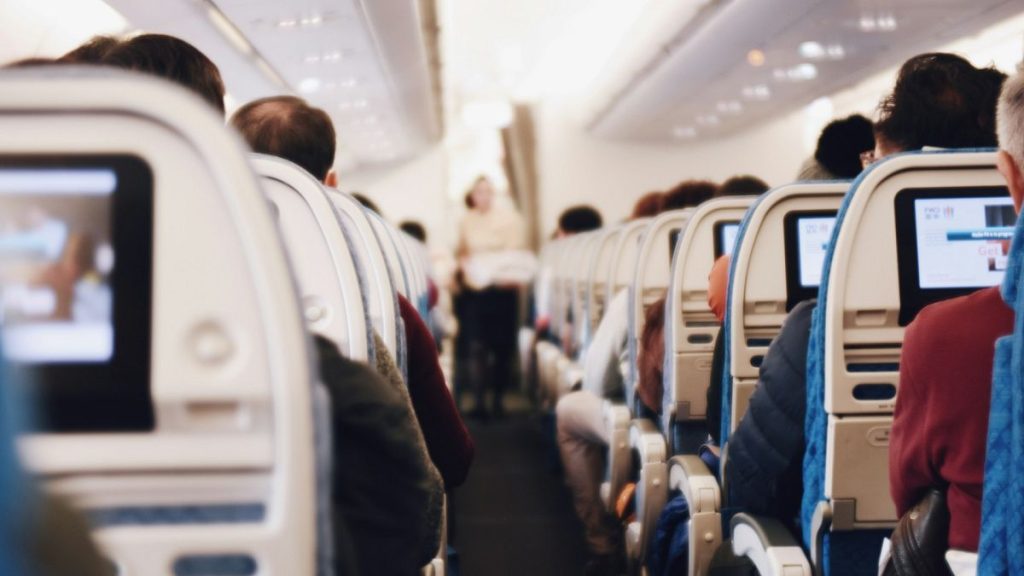The start of autumn ushers in flu season, leaving many travelers concerned about the spread of germs on airplanes. A long-haul flight attendant shared on Reddit some surprising places on planes where germs can hide, including the notoriously dirty seat pockets. These pockets are rarely cleaned and can contain items like dirty tissues, sick bags, and even bodily fluids. This lack of cleaning allows germs to easily transfer to passengers’ belongings, putting them at risk of getting sick. Despite efforts by cleaning crews, various parts of planes, such as tray tables, lavatories, and overhead bins, can still harbor germs that can cause illnesses.
To prevent getting sick while flying, the flight attendant recommends travelers carry hand sanitizer and disinfectant wipes to clean their hands and immediate surroundings. Before settling into their seat, passengers are advised to wipe down the safety instruction card and tray table to reduce the risk of exposure to germs. Additionally, travelers should be mindful of commonly overlooked areas like door handles and locks in lavatories, as these are frequently touched by multiple passengers but may not be thoroughly cleaned. For those with serious germ concerns, investing in a disposable or reusable seat cover might provide additional protection.
While concerns about recycled air onboard planes contributing to the spread of illnesses are common, research by the International Air Transport Association suggests that the air quality on planes is typically better than in most indoor environments. The use of high-efficiency particulate arresting filters (HEPAs) ensures that the air is constantly refreshed, with 99.993% efficiency in removing bacteria and viruses. The flow of air from top to bottom on planes helps prevent the spread of germs between passengers during a flight, reducing the risk of transmission.
Although mask mandates on flights due to COVID-19 are becoming less common, some travelers still opt to wear masks to protect themselves from germs. With crowded airports and full planes potentially increasing the risk of illness, wearing a mask can provide an extra layer of protection. Experts recommend using N95 or KN95 masks for their high-filtration ability and secure fit over the face. While wearing a mask may not be necessary for everyone, those who are concerned about catching a virus while traveling can benefit from this additional precaution. Ultimately, travelers should prioritize hand hygiene and consider wearing a mask if they are anxious about staying healthy while flying.


